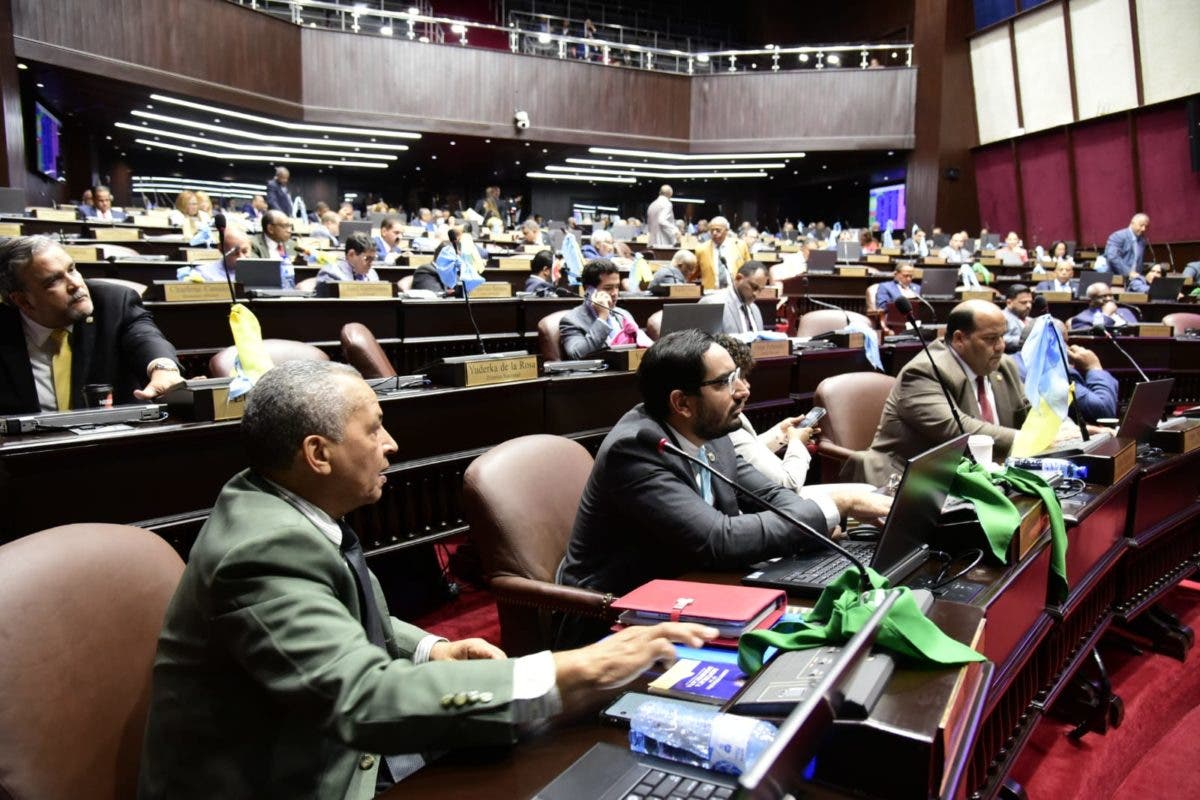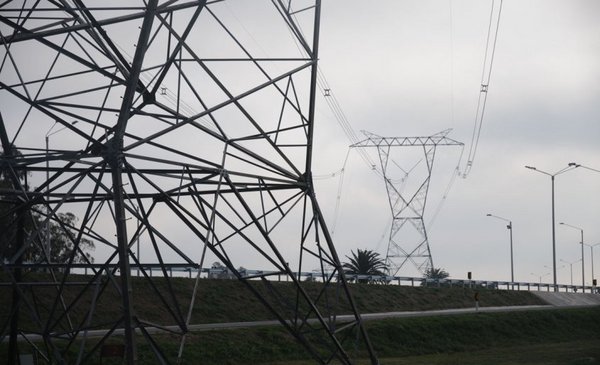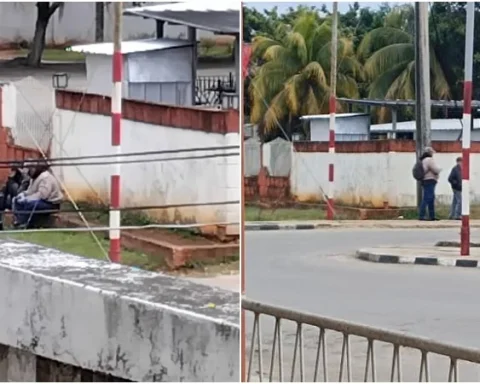The Chamber of Deputies approved the first reading of the bill of Use of Digital Media in the Judiciary, which contemplates carrying out criminal and civil procedures through Internet platforms, as well as certain hearings.
After several speeches by the deputies, the majority in favor of the project criticized by the Dominican Republic Bar Association (CARD), the president of the Chamber, Alfred Pachecosent it to the special commission that studies it, with a fixed deadline to render a final report The next Tuesday.
But the deputy Jose Horacio Rodriguez He suggested that the project introduce a principle in article 4, which regulates the use of digital media in the Judiciary.
Can read: CD advances project on economic aid for families with children with special conditions
On the contrary, the deputy John Dionisio Rodriguez believes that the project is complete.
The project for the Use of Digital Media in the Judiciary was proposed by the president of the Supreme Court of Justice (SCJ), Louis Henry Molinawho affirms that the coronavirus pandemic hastened the digitization of services in the country’s ordinary courts.
The president of the Justice Commission of the CD, Alexis Jiménez, maintained that in criminal matters there is no virtual procedure and that it would be optional in the others. On his side, Deputy Hamlet Melo considered it vitally important to digitize the Judiciary, in line with today’s world.
For Mélido Mercedes, “digitalization was what prevented the Judiciary from collapsing in 2020.”
He said the piece is novel; the parties in a process have the right to decide whether to litigate online or in person.
The piece of legislation states that no hearing can be held virtually without the consent of all parties. In case of controversy, the judge in charge of the case may decide the most convenient modality so that it is carried out satisfactorily.

















